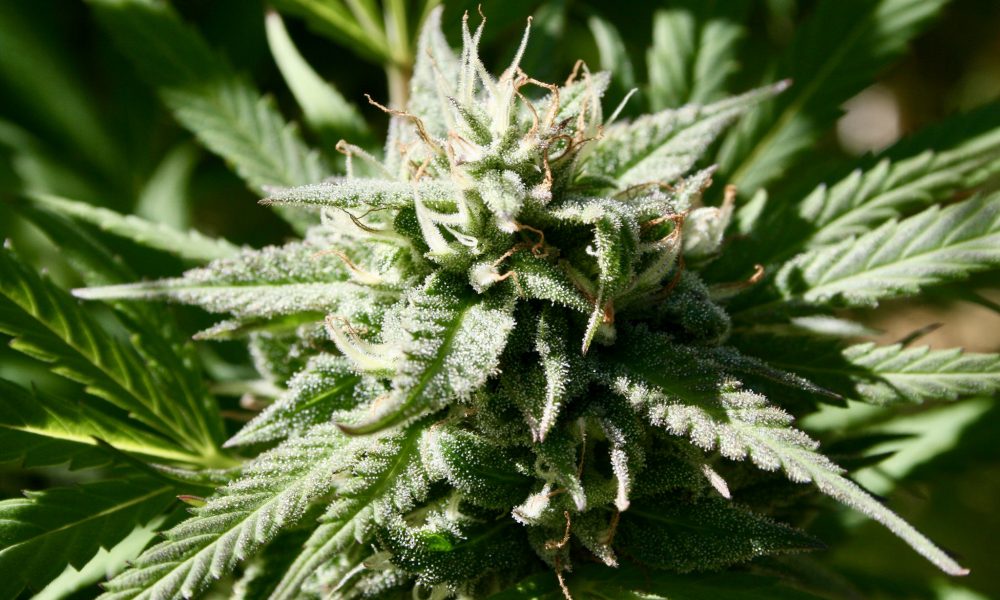A Republican congressman says that while he’s personally opposed to marijuana legalization, it makes sense to reschedule it under federal law to free up research that could help guide lawmakers on developing a possible “regulatory framework” for cannabis products.
Rep. Larry Bucshon (R-IN) spoke about marijuana policy issues during a broader discussion on tobacco public health considerations at an event hosted by the American Enterprise Institute (AEI) this month.
Asked about the idea of taking a “harm reduction” approach to marijuana by establishing regulations in a manner similar to tobacco, the congressman noted a key difference between the products: cannabis is a Schedule I drug under the Controlled Substances Act (CSA), which has impeded research into its potential health effects.
Bucshon started by criticizing the legalization movement, arguing that it’s “driven by money,” and saying he’s concerned about the impact of cannabis use on cognitive development.
“If we’re going to legalize THC products nationally, and that movement continues, we’re going have to be very aggressive in my view in the so-called developing brain aspect of our citizens,” he said, adding that he’d like to improve tobacco regulations first, but he recognizes there’s a need to “address something at the national level as it relates to THC products.”
“Let me just say one thing that’s maybe a little different between the two—because THC is a Schedule I drug, the amount of research that has been done on the potential medical problems related to chronic THC product use is just not there as much as you would think,” Bucshon, a heart surgeon who has vocally opposed broad cannabis reform in Congress, said.
“I mean, we’ve known the tobacco situation for decades now, so we have to maybe address that first,” he said. “Some people are saying, well, maybe we should put THC as a Schedule I-A or move it to Schedule II or something so that we can do research and get more information before that will inform us and what regulatory framework maybe that we need to have at the national level for those products.”
While many experts, including top federal health officials, have complained about barriers to researching marijuana under federal prohibition, advocates would likely push back on the congressman’s point about a complete deficit of research into the plant’s health effects.
An analysis from NORML this month, for example, found that researchers have published more than 32,000 scientific papers on marijuana over the past 10 years—including over 4,000 in 2023 alone.
Still, there’s growing bipartisan agreement around the need to lift those research barriers, including possible rescheduling action. To that end, the U.S. Department of Health and Human Services (HHS) has advised the Drug Enforcement Administration (DEA) to move marijuana to Schedule III following a scientific review that was initiated last year under a directive from President Joe Biden.
HHS was also mandated to submit a report to several congressional committees this month on the therapeutic potential of cannabis and research obstacles, but it doesn’t appear the agency met that deadline. The reporting requirement was included in a broader marijuana research bill that Biden signed into law last year.
Meanwhile, in a recent notice, the National Institutes of Health (NIH) said it recognizes that there are ample concerns among scientists about how they’ve “encountered barriers that have hampered their research” into marijuana under federal prohibition, including “complex” federal regulations and inadequate supplies of cannabis.
That’s why the agency is now seeking to resolve some of those challenges by standing up a Resource Center for Cannabis and Cannabinoid Research.
Credit Union CEO Calls On Congress To Pass Marijuana Banking Bill (Op-Ed)
Photo courtesy of Brian Shamblen.
Read the full article here

